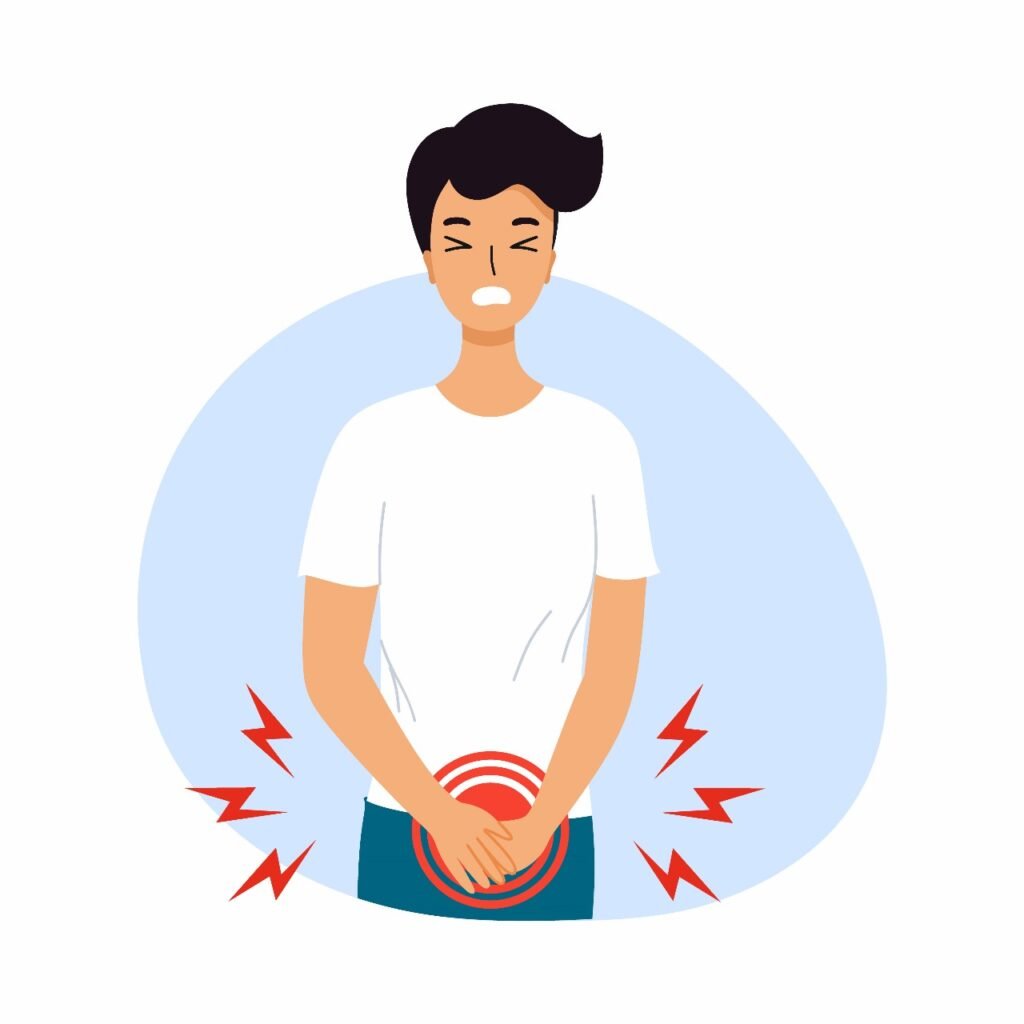Experiencing a burning sensation while urinating can be both uncomfortable and concerning. This symptom, often indicative of an underlying condition, requires prompt attention to ensure proper diagnosis and treatment. Here, we delve into the potential causes, symptoms, and treatments for this common issue.
Causes of Burning Sensation in Urine
- Urinary Tract Infections (UTIs):
- Bacterial Infection: The most common cause of a burning sensation in urine, particularly in women. Bacteria enter the urinary tract, causing infection and inflammation.
- Symptoms: Frequent urination, cloudy or strong-smelling urine, and pelvic pain.
- Sexually Transmitted Infections (STIs):
- Common STIs: Chlamydia, gonorrhea, and herpes can cause painful urination.
- Symptoms: Discharge, genital sores, and pain during intercourse.
- Bladder Infections:
- Cystitis: Inflammation of the bladder often due to bacterial infection.
- Symptoms: Urgency to urinate, pelvic discomfort, and lower abdominal pain.
- Kidney Stones:
- Formation: Hard deposits made of minerals and salts that form in the kidneys.
- Symptoms: Severe pain, blood in urine, and nausea.
- Vaginal Infections:
- Yeast Infections and Bacterial Vaginosis: Can lead to irritation and painful urination.
- Symptoms: Itching, discharge, and swelling.
- Prostatitis:
- Inflammation of the Prostate Gland: Common in men, leading to painful urination.
- Symptoms: Groin pain, difficulty urinating, and flu-like symptoms.
- Chemical Sensitivity:
- Irritants: Soaps, lotions, or contraceptives can cause irritation.
- Symptoms: Redness, itching, and discomfort.
Diagnosing the Cause
To accurately diagnose the cause of a burning sensation in urine, a healthcare provider will:
- Medical History: Review symptoms, sexual activity, and personal hygiene habits.
- Physical Examination: Look for signs of infection or other abnormalities.
- Laboratory Tests:
- Urinalysis: Check for bacteria, blood, and other substances.
- Cultures: Identify specific bacteria or viruses.
- Imaging Tests: Ultrasounds or CT scans to detect kidney stones or structural issues.
Treatment Options
- Antibiotics:
- For UTIs and STIs: Prescribed based on the specific bacteria or virus causing the infection.
- Antifungal Medication:
- For Yeast Infections: Oral or topical treatments to eliminate the infection.
- Pain Relief:
- Over-the-counter Medications: Ibuprofen or acetaminophen to alleviate pain and discomfort.
- Increased Fluid Intake:
- Hydration: Helps flush out bacteria and reduce irritation.
- Avoiding Irritants:
- Chemical Products: Use gentle, fragrance-free soaps and avoid douches.
- Medical Procedures:
- For Kidney Stones: Lithotripsy or surgical removal if stones are large or obstructive.
Preventive Measures
- Hydration:
- Drink Plenty of Water: Helps prevent infections and flushes out toxins.
- Proper Hygiene:
- Wipe from Front to Back: Reduces the risk of bacterial contamination.
- Safe Sexual Practices:
- Use Protection: Reduces the risk of STIs.
- Regular Medical Check-ups:
- Early Detection: Helps catch and treat infections promptly.
Conclusion
A burning sensation in urine is a common symptom with various potential causes. Timely diagnosis and appropriate treatment are essential to alleviate discomfort and prevent complications. If you experience persistent or severe symptoms, consult a healthcare professional to ensure proper care and management.
By understanding the potential causes and taking preventive measures, you can maintain urinary health and overall well-being.

